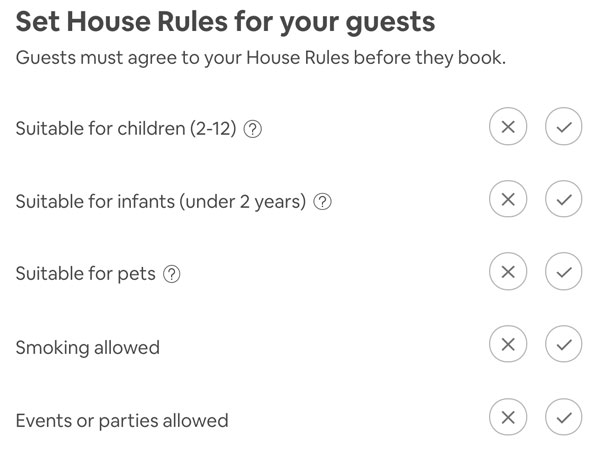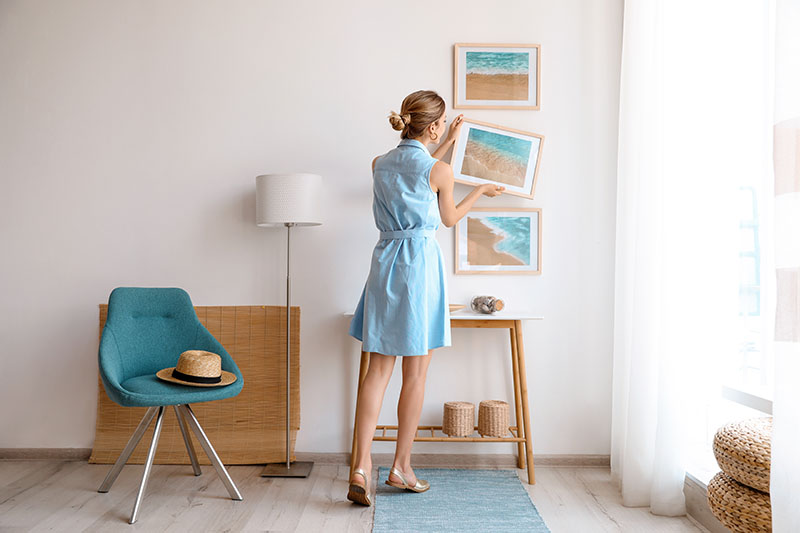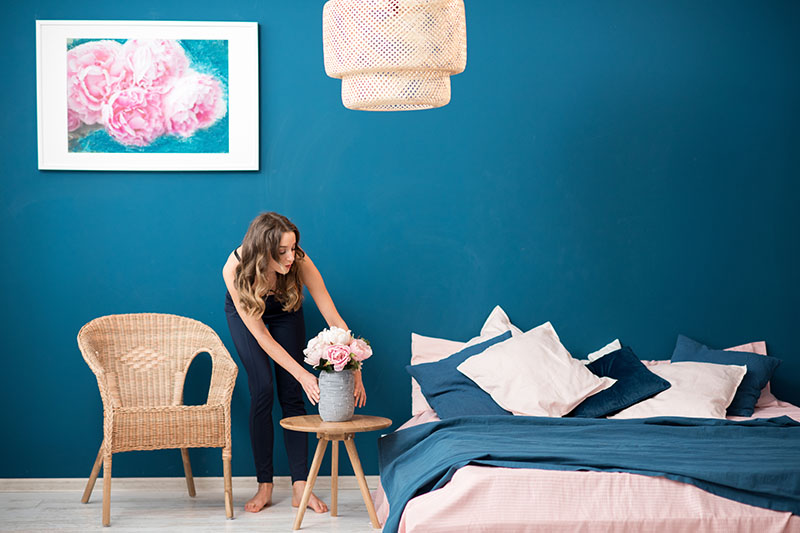Guidelines for Airbnb Guest Screening
Importance of Guest Screening and Expectation Setting
Accepting anyone and everyone is actually a counterproductive strategy for your long-term success as a host. If expectations are not clearly set, you can be on the hook for damages caused by guest behaviours not explicitly prohibited by your house rules. Guests can also feel misled if they are surprised with rules they were not aware of prior to booking. Bad guests can create serious risks for your continued ability to host. They can throw huge parties, angering the neighbours or cause damages to your belongings or property that could cost you a fortune.
Starting with Minimal Guest Requirements Set by Airbnb
Airbnb verifies guest’s identity by confirming their email address and phone number. Guests are also encouraged to provide government IDs to improve the trustworthiness of their profiles for the hosts. Airbnb creates a two-way trust system where both hosts and guests are incentivised to be at their best behaviours before, during and after booking.

The guests must acknowledge and agree to your house rules before booking and must message the host (‘apply’) before the booking can be finalised by you unless you have ‘instant booking’ turned on for guests. Since the check-in and check-out require coordination with the guests, hosts usually prefer guests to provide more details about their trips to make sure that they can accommodate them without any hiccups.
You can select to add two more filters in guest screening:

Keep in mind, though, that further restrictions could mean fewer bookings.
Setting the House Rules
You are able to follow the templatised form on Airbnb to set your house rules. Indicate first the types of guests allowed (children, pets, smokers, etc.) and whether they are allowed to host events or parties.

Then you can add your own rules. Here are some guidelines for house rules you could delineate:
- Prohibit guests from touching your personal belongings if they are stored somewhere that could be accessible by guests inside the property
- Indicate cleaning expectations – garbage handling, used linens, kitchen utensils, etc. If you are charging high cleaning fees, minimising duties for guests is recommended.
- Ban any behaviours that could get you in trouble with your neighbours, landlords, or authorities
- Explain any behaviour that could result in a dangerous situation such as turning the heater on for too long, not using pressure cookers or blenders correctly, etc.
- Sneak in some ‘rules’ that are actually meant to be helpful tips for guests such as ‘here’s how you use our smart TV to stream Netflix! Use it as much as you’d like’.
- Include ‘how to’ for some of the more scenarios such as losing their keys and late checkout requests to ensure smooth communication until the very end
The rules you set are not strictly behaviours you want to prohibit for insurance. They should also include any expectations you should set with guests beforehand to avoid unpleasant surprises. If you are going to be present in the house during their stay, that should be very clear to guests before they book. If certain parts are shared with others or there are restrictions on access to those parts, you should ensure the guests are aware of such limitations and any workarounds available so their experience is not hugely impacted.
Communicating with Guests Before Booking
Messaging with guests and understanding what they plan to do during their stay and who they’ll be staying with can help you not only minimise your risks but also provide more personalised guest experience. You can provide recommendations for things to do, restaurants, nightlife, and other hidden gems based on the type of experience they are hoping to get. Be sure to check the profile and any reviews from previous hosts beforehand so you don’t miss any glaring red flags. If you’re dealing with guests who are new to airbnb, it is recommended you make sure you speak with the guests in more detail so that you get a better sense of their personalities and travel plans.
It’s also a good idea to ask them questions and confirm directly in the conversation anything that guests could expect to get if not explicitly mentioned otherwise and be severely disappointed if not warned. It is in the best interest of all parties to be explicit and clear about any caveats before booking. As the host, you want to make sure they are not unpleasantly surprised upon arrival. You only want to provide little pleasant surprises that will make them feel cared for such as fresh snacks on the table, guidebooks, a bottle of champaign, etc.
What to Do with Guest Misbehaviours
It is inevitable you will have to deal with guest mistakes or unintended annoyance here and there. They may need to check in much later than expected due to flight delays. Things in the house could break and require immediate maintenance services. Guests could throw a wild party, causing a giant headache for you as well as possible financial damages.
If you are going to be hosting long-term, then having a more automated system that requires minimal intervention from you in those scenarios will eliminate a lot of the stress for you as well as the guests. One way to accomplish that is by hiring property managers. You can also use tools/gadgets such as lockboxes.
In extreme cases, you can kick out your guests mid-stay although this wouldn’t be recommended unless the guests gravely violated the house rules in ways that posed an immediate threat. An example would be when the guest is intoxicated and acting threateningly towards neighbours or inviting hundreds of people to your property for a party which exponentially increases the likelihood of serious damage to your property and belongings. Airbnb will allow hosts to require guests to leave the premise and help guests find other options.
You are provided with host insurance and host guarantee to protect any damages from such guest misbehaviours. Learn more about how you can minimise your risks.
Other helpful tips for hosts:









